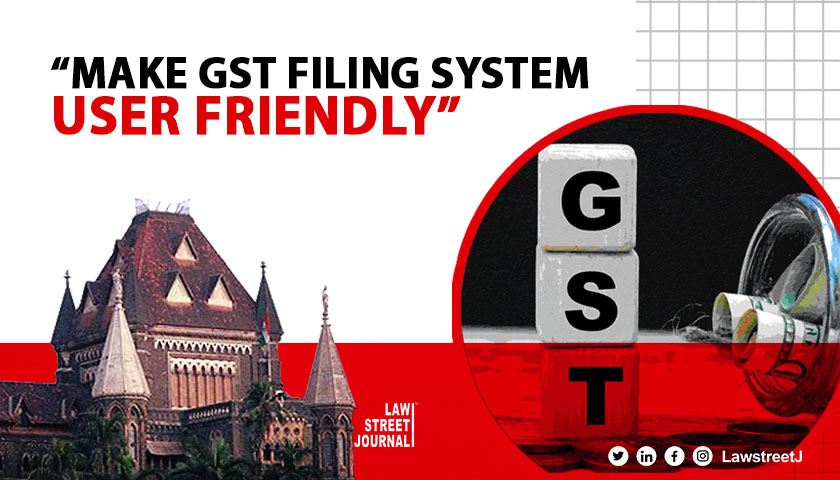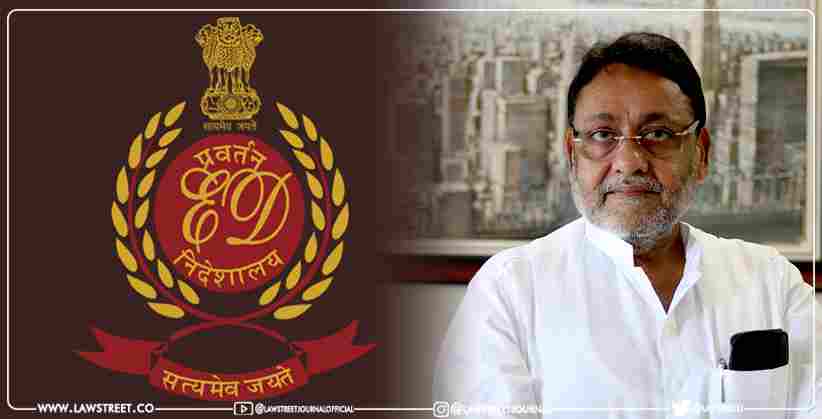The tax department should ensure that the theres no unwarranted litigation and make the system more assessee/taxpayer friendly. This is what the Bombay High Court observed recently.
A Bench of Jitendra Jain and GS Kulkarni ruled that correction of bonafide, inadvertent error under the details coloumn in GST returns should be allowed especially when theres no loss of revenue to the Government.
It is considering such object and the ground realities, the law would be required to be interpreted and applied by the Department. This necessarily would mean, that a bonafide, inadvertent error in furnishing details in a GST return needs to be recognized, and permitted to be corrected by the department, when in such cases the department is aware that there is no loss of revenue to the Government. Such freeplay in the joint requires an eminent recognition. The department needs to avoid unwarranted litigation on such issues, and make the system more assessee friendly. Such approach would also foster the interest of revenue in the collection of taxes.
The High Court was hearing a petition by Star Engineers (I) Pvt Ltd, engaged in designing and manufacturing electronic components for industrial purposes. It sought permission to make necessary amendments or rectify mistakes in its Form GSTR-1 either through online or manual means.
The plea essentially was challenging a September 27, 2023 communication issued by the Deputy Commissioner, State Tax, rejecting permission to modify/amend its Form GSTR-1 for the 2021-2022 financial year, citing it was time-barred.
Under certain circumstances, the invoices submitted by the petitioner did not appear in Bajaj Auto Limiteds (BAL) Form GSTR-2B but instead inadvertently appeared in vendors Form GSTR-2B. BAL was unable to claim Input Tax Credit for those invoices and at the time of processing the payment of the petitioner for the month of March 2023, BAL reduced the amount equivalent to the GST amount, inter alia stating that BAL had not claimed the said invoices for ITC as same were not appearing in Form GSTR-2B, as GSTIN of a third party was given instead of BAL.
The petitioner then approached the Deputy Commissioner of State Tax contending that they had fulfilled its tax obligation in relation to the supplies made to BAL during the financial year 2021-22. It indicated that all the required taxes associated with the transactions involving BAL had been duly paid to the Government. And, that the petitioner had also complied all GST Regulations. However, this wasnt permitted.
After referring to relevant provisions of the Central Goods and Services Tax / Maharashtra Goods and Service Tax, 2017, the Court opined that the provisions need to be purposively interpreted.
We cannot read sub-section (3) of Section 37 to mean that the assessee would be prevented from placing the correct position and having accurate particulars in regard to all the details in the GST returns being filed by the assessee and that there would not be any scope for any bonafide, and inadvertent rectification / correction. This would presuppose that any inadvertent error which had occurred in filing of the returns, once is permitted to be rectified, any technicality not making a window for such rectification, ought not to defeat the provisions of sub-section (3) of Section 37 read with the provisions of sub-section (9) of Section 39 read de hors the provisos.
Any contrary interpretation would lead to absurdity, the GST returns being maintained would have incorrect particulars and this would have cascading effect. This is should be borne in mind when considering the cases of inadvertent human errors creeping into the filing of GST returns, the Court cautioned while allowing the petitioners plea.



![Husband Can Also Claim Alimony/Maintenance From Wife: Bombay High Court Orders Woman To Pay Alimony To Ex-Husband [Read Order]](/secure/uploads/2022/04/lj_2823_Divorce.jpg)








